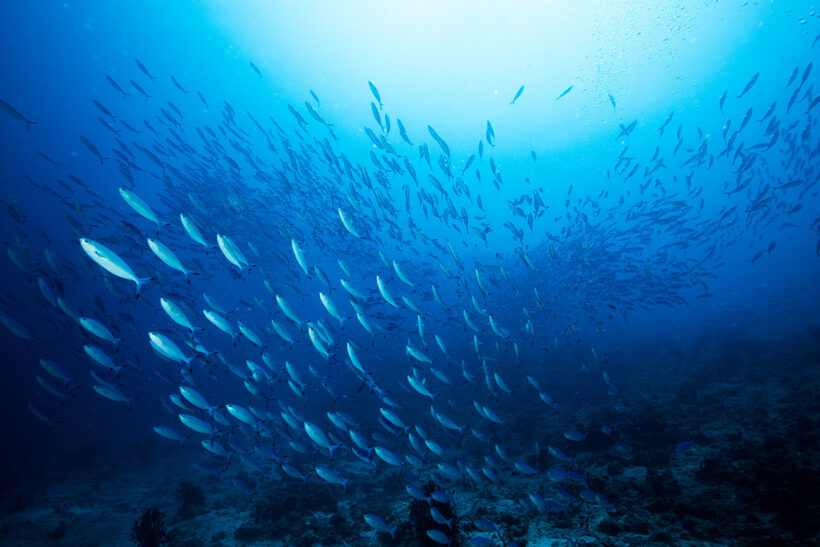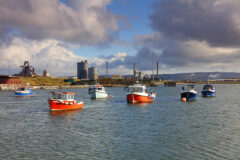The European Union commissioner for environment, oceans and fisheries Virginijus Sinkevičius says the EU is seeking to achieve a ‘pact’ between fisheries and the marine environment – but neither industry organisations nor environmental NGOs are happy about it, reports Lorna Siggins.
The ‘pact’ will ensure sustainable fisheries, protect and restore marine ecosystems, make fishing economically viable and strengthen long-term food security, Commissioner Sinkevicˇius claimed.
He was commenting on the publication by the European Commission on 21 February of four action plans relating to biodiversity and climate breakdown in the marine environment.
Phasing out bottom trawling, extending marine protected areas and reducing reliance on fossil fuels are the main themes of the four plans, arising from the European ‘Green Deal’.
The four plans relate to energy transition for EU fisheries and aquaculture, and include a plan to protect and restore marine ecosystems for ‘sustainable and resilient fisheries’, a communication on the Common Fisheries Policy (CFP), and a report on the Common Market Organisation regulations for fishery and aquaculture products.
The EU said the main objectives of the measures are ‘to promote the use of cleaner energy sources and reduce dependency on fossil fuels, as well as reduce the sector’s impact on marine ecosystems’.
“The proposed actions will be carried out gradually to help the sector adapt,” it said. “A ‘Pact for Fisheries and Oceans’ will also support the full implementation of the CFP in co-ordination with member states and fisheries stakeholders, including fishers, producer organisations, regional advisory councils, civil society and scientists.
“The proposals also have at their heart making the sector an attractive job place for the younger generations.”
Virginijus Sinkevicˇius said: “We are proposing concrete actions to restore marine ecosystems and to reduce the impact of fishing activities on the marine environment, thus responding also to the commitments the EU made in the historic agreement reached at COP15 in Montreal on a new global biodiversity framework.
“We are also promoting an energy transition to help the sector adapt its vessels and equipment, improve working conditions and move towards renewable, low-carbon energy sources.
“We know this is a challenging task. For this reason, the transformation will be gradual, and we will promote dialogue between all communities to lay the foundation for a resilient fisheries and aquaculture sector.”
Two environmental NGOs immediately described the four publications as ‘inaction plans’.
Birdwatch Ireland and Our Fish also criticised what they said was a long delay in their publication.
Our Fish programme director Rebecca Hubbard said the plans ‘fail to jump the chasm from lofty rhetoric to a roadmap for meaningful action that would both transform European fisheries and address the planetary crisis’.
“While we welcome the European Commission’s Marine Action Plan’s proposal to map seabed carbon and the impact of bottom trawling in EU waters, the proposal is too little, too slow, and fails to address extraction of fish and CO2 emissions,” she said.
“The EU must end the ploughing up of seabed carbon stores, the excessive removal of the ocean’s carbon engineers such as fish, and the CO2 emissions from vessels burning subsidised fossil fuel.
“These practices are neither good fisheries management nor good carbon management, and the Commission’s Marine Action Plan fails to put this right within the urgent timeframes we need.” Birdwatch Ireland marine policy and advocacy officer Sinead Loughran said: “There is just over a year left in the current Commission and European parliament term, but the climate and biodiversity emergencies demand immediate action, and continue unabated regardless of our political cycles.”
This story was taken from the latest issue of Fishing News. For more up-to-date and in-depth reports on the UK and Irish commercial fishing sector, subscribe to Fishing News here or buy the latest single issue for just £3.30 here.
Sign up to Fishing News’ FREE e-newsletter here.






